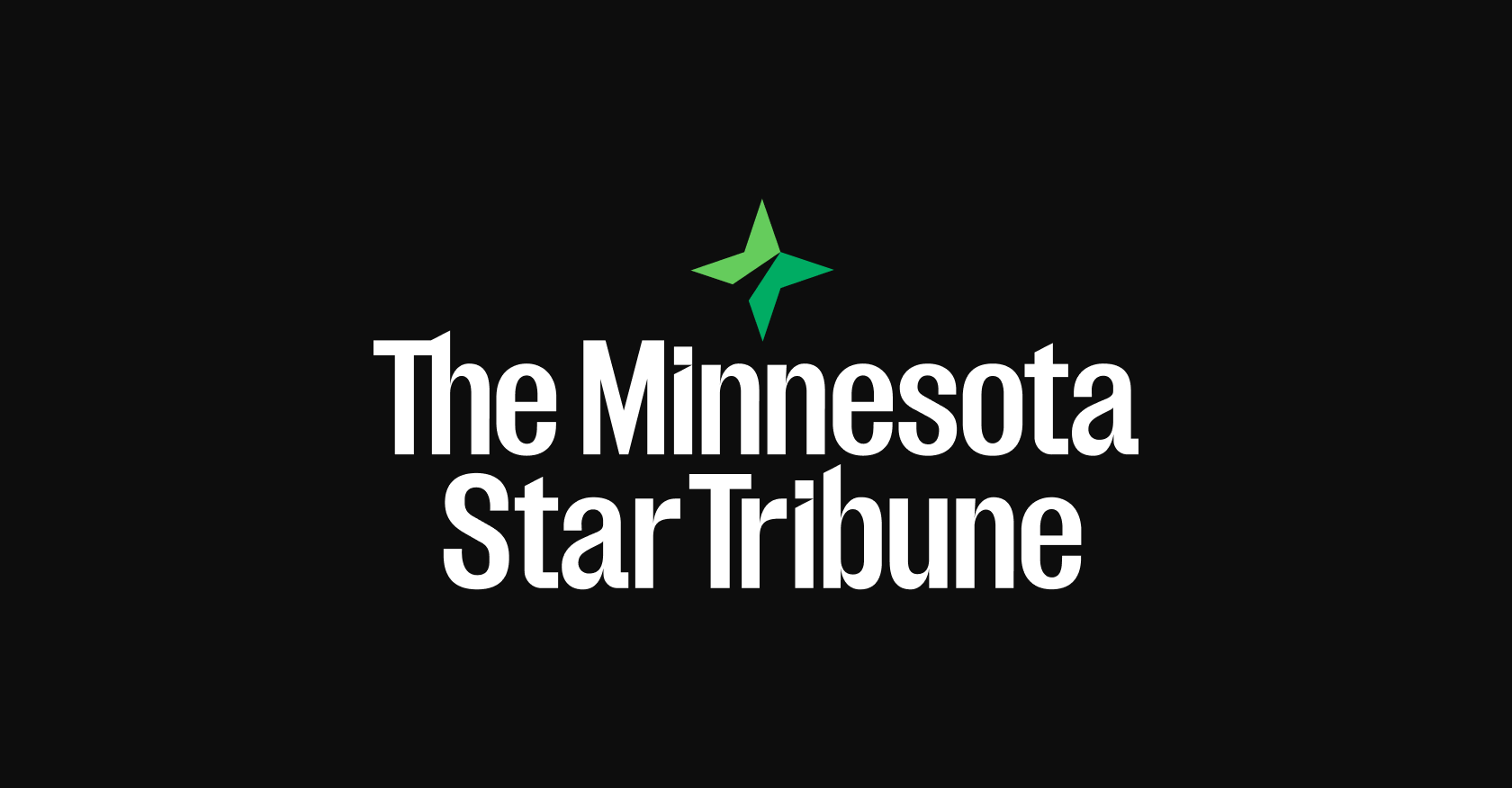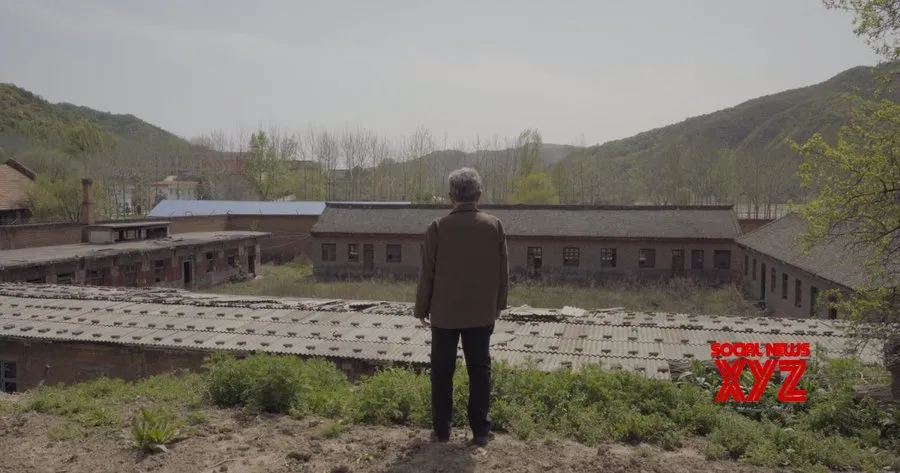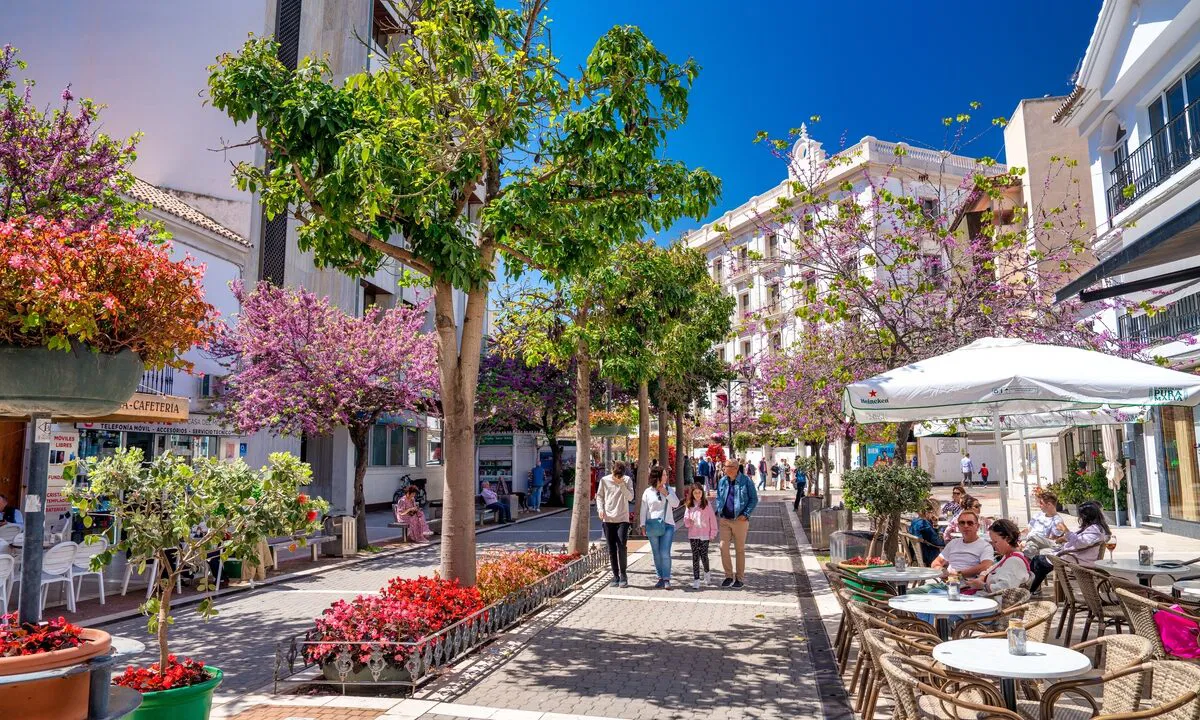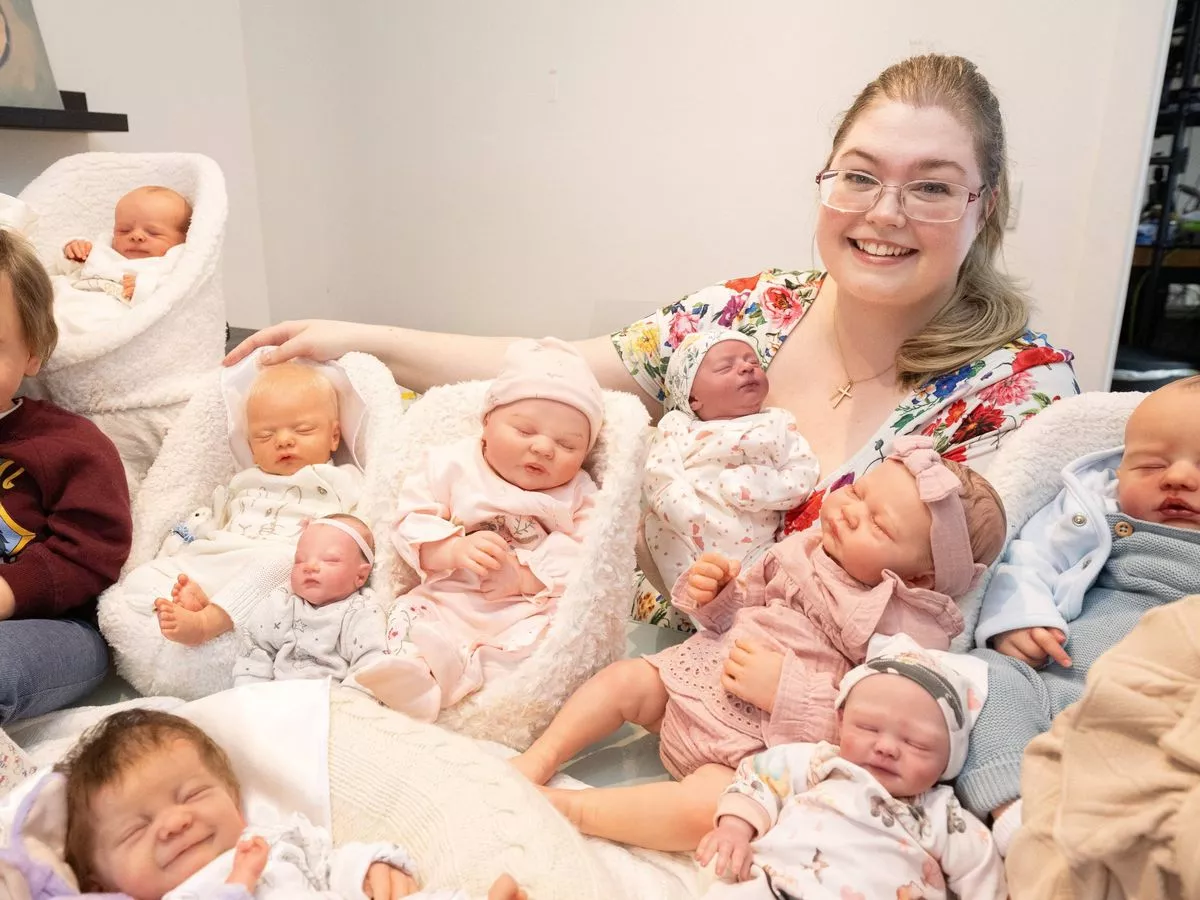Copyright Star Tribune

CONAKRY, Guinea — When Oumar Bella Diallo boarded a plane home to the West African nation of Guinea in July, the weary 24-year-old thought his migration ordeal was over. He had spent almost a year trying to reach Europe. He said he was attacked by police and scammed for money as he crossed Mali, Algeria and Niger, at one point limping past corpses in the desert. After seeing fellow migrants die from hunger and exhaustion, he gave up. He is among tens of thousands of Africans returning home with the help of the International Organization for Migration, as Europe spends millions of dollars to deter migrants before they reach its shores. The European Union-funded IOM program pays for return flights and promises follow-up assistance. But migrants tell The Associated Press that promises by the United Nations-affiliated organization are not fulfilled, leaving them to face trauma, debt and family shame on their own. Desperation could fuel new migration attempts. The AP spoke to three returnees in Gambia and four in Guinea, and was shown a WhatsApp group of over 50 members founded around returnees' frustration with the IOM. They described months of reaching out to the IOM with no reply. Diallo said he told the IOM he wanted to start a small business. But all he has received is a phone number for an IOM counselor and a five-day orientation course on accountability, management and personal development. He said many returnees had trouble grasping it because of low education levels. ''Even yesterday, I called him,'' Diallo said. ''They said for the moment, we have to wait until they call us. Every time, if I call them, that's what they tell me." He said he asked for medical help with a foot injured on his migration attempt but was told it was impossible. ''If there's not so much money, you're the head of the family too,'' he said. The IOM program is financed almost completely by the EU and was launched in 2016. Between 2022 and 2025, it repatriated over 100,000 sub-Saharan migrants from north Africa and Niger. Francois Xavier Ada with the IOM regional office in West Africa told the AP that over 90,000 returnees have started, and 60,000 completed, the reintegration process ''tailored to individual needs." Ada said that can ''support anything from housing, medical assistance or psychosocial services to business grants, vocational trainings and job placement.'' Ada said the IOM was ''concerned" to learn of people kept waiting and ''happy to look into these cases.'' He added that delays can occur due to high caseloads or incomplete documentation, and medical assistance is not guaranteed. Experts said there is little insight into how the EU money helps returnees. The European Court of Auditors, an EU body, audited the program's first phase between 2016 and 2021 and said it failed to demonstrate sustainable reintegration results, monitoring was ''insufficient to prove results'' and the EU ''could not prove value for money.'' ''The EU policy is obsessed with returns,'' said Josephine Liebl with the Brussels-based European Council on Refugees and Exiles. ''The question of how this support actually helps people in very vulnerable situations receives very little public scrutiny, which is due to the fact that there is such a lack of transparency and accountability of how EU funding works outside the EU.'' Moustapha Darboe, a Gambian journalist who interviewed over 50 returnees for an investigation into the IOM program, said they had to wait a long time, often almost a year, and support they eventually received did not match their skills and ambitions. ''The IOM is donor-based,'' he told the AP. ''Their primary focus is not to help these people, their primary focus is to tick their box.'' The IOM program has coincided with Europe's other efforts to deter migration, including paying some African governments to intercept migrants, an approach denounced by human rights groups that accuse African authorities of being complicit in abuses. Europe's efforts appear to be working. In the first eight months of 2025, it recorded 112,000 ''irregular'' crossings, over 20% less than the same period last year, and a drop of over 50% from two years ago. Experts say that while the IOM's return program helps to extract people from inhumane treatment, the promised follow-up support is often impossible to deliver as most migrants' home countries have poorly functioning state services. "The major missing piece is the support for the returnees to get reintegrated, have access to social protection and to labor markets,'' said Camille Le Coz, director of the Brussels-based Migration Policy Institute. Kabinet Kante, a 20-year-old from Guinea who dreamed of being a footballer in Germany, spent almost two years trying to reach Europe. He said he was intercepted at sea and dumped in the desert, and still wakes at night screaming. He returned to Guinea in July with the IOM's help. He said he wanted to learn how to drive a bulldozer but the IOM has ignored his calls, and when he went to their office, they told him to stop calling. He set up the WhatsApp group for over 50 other returned and frustrated migrants. He also records TikTok videos warning against the treacherous route to Europe. But he has no way to pay back his parents, who supported his journey by sending money to pay smugglers and bribe officials. Like many sub-Saharan African countries, Guinea has rich natural resources, including the world's largest iron ore deposits. But experts say bad governance and exploitation by foreign companies have left most of the population destitute. Over half of Guinea's population of 15 million is experiencing ''unprecedented levels of poverty,'' according to the World Food Program, and cannot read or write. The official monthly minimum wage is less than $65. Most people work in the informal economy and earn even less. ''Those with degrees work as taxi drivers here,'' Diallo said. ''If there were, like elsewhere, job opportunities in the country, everyone would stay here.'' Diallo and Kante said they are not planning on ''going on an adventure'' any time soon — a term used widely to describe the migration route to Europe. But that's mostly because they don't have money. They dream of working in Europe legally, but the visa process can cost hundreds of dollars, and applicants from sub-Saharan countries have a high rejection rate. Elhadj Mohamed Diallo, director of the Guinean Organization for the Fight Against Irregular Migration, is a former migrant who reached Libya before turning back. He now works with the IOM on reintegration activities but indicated doubt about their ability to prevent returnees from migrating again. ''We aren't helping them so that they can stay. We are helping them so they can take control of their lives again," he said. "Migration is a natural thing. Blocking a person is like blocking the tide. When you block water, the water will find its way.'' The Associated Press receives financial support for global health and development coverage in Africa from the Gates Foundation. The AP is solely responsible for all content. Find AP's standards for working with philanthropies, a list of supporters and funded coverage areas at AP.org. The European Union has given the International Organization for Migration hundreds of millions of dollars to help tens of thousands of African migrants return from failed journeys to Europe and support them back home.



